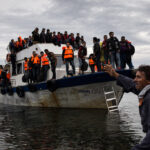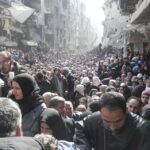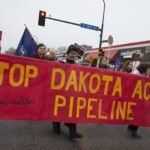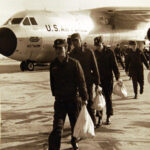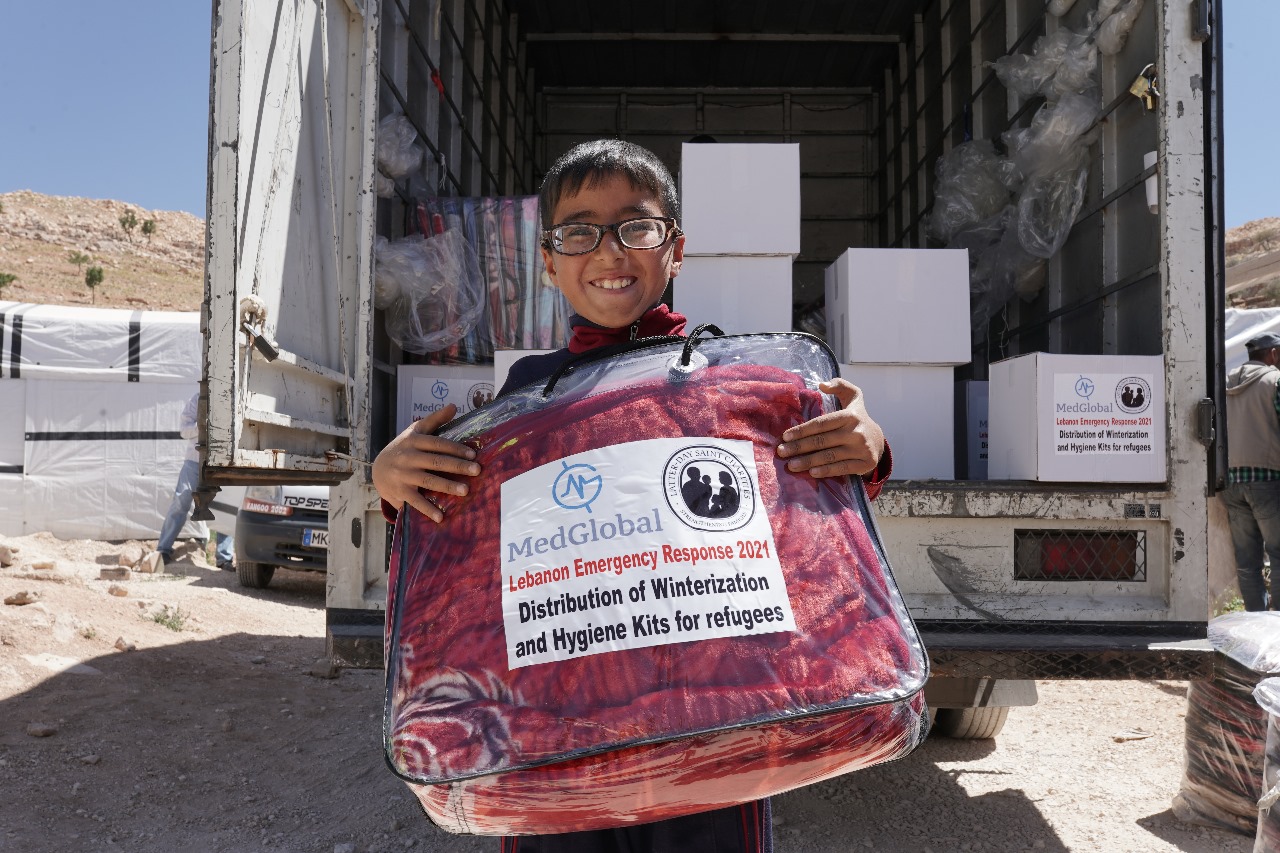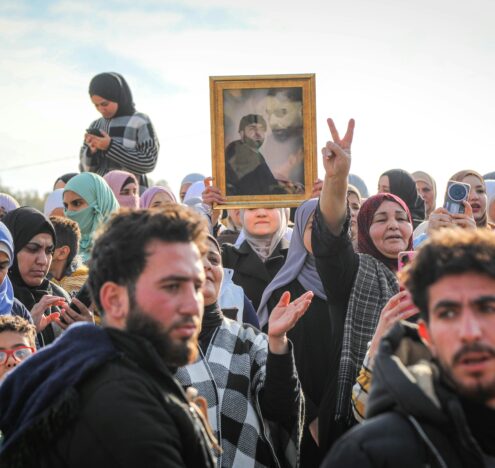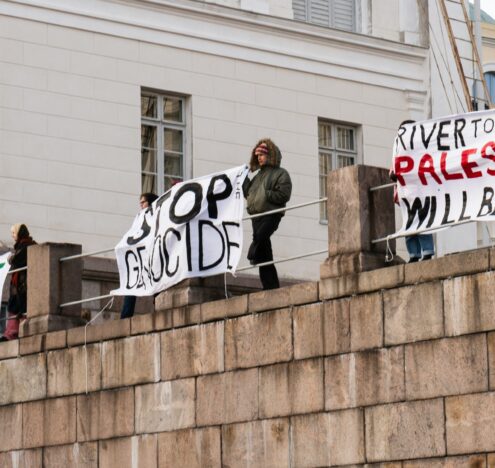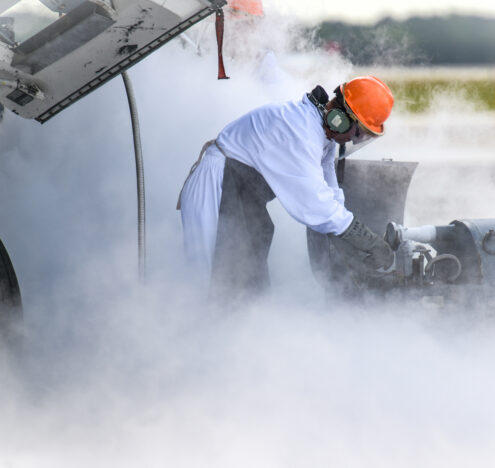A displaced Lebanese family in southern Lebanon voiced similar distress. “We thought we had escaped the worst by coming here,” a father told me. “But now, we are met with hostility from local communities already strained by their own hardships. Haven’t we suffered enough? Everything is overpriced. We feel trapped in a cycle of suffering.”
An elderly woman in Beirut, living alone with a meager pension, struggles daily. Her chronic medication has become an unaffordable luxury. “I worked all my life, and now, when I need help the most, there is no one,” she recently told me, tears in her eyes. “I can’t afford my medications, and I have no one to take care of me. I’m just waiting to die.”
Impossible Choices
The once-thriving middle class now faces poverty, forced to make impossible choices between food, medicine, and education for their children. The economic crash has led to a dramatic rise in prices, making it nearly impossible for people to afford basic necessities. Medications, once affordable, are now out of reach for many. I have seen patients who have had to choose between buying food and purchasing life-saving medications.
The recent escalation of conflict has only exacerbated the dire situation in Lebanon. Public services, already stretched thin by years of economic decline and political instability, are now on the brink of collapse. Electricity is scarce, with blackouts becoming a common occurrence, leaving people without power for hours, sometimes days. The basic infrastructure is failing, and the sense of hopelessness is palpable. The collective despair is deepening as more and more Lebanese face the harsh reality that the country they once knew and loved is slipping further into chaos.
Syrian refugees, who fled their homes seeking safety more than a decade ago amid intractable civil war, now find themselves in a precarious situation. Many live in informal settlements, struggling to access basic necessities like clean water, food, and healthcare.
A Plea For Restraint
The fear of all-out war is intensifying, especially after the recent killings of senior Hezbollah and Fatah officials, along with Syrian refugees, in Beirut and southern Lebanon. This nation, which has endured so much, now faces an even greater danger as the tit-for-tat violence threatens to spiral out of control.
In this time of crisis, the international community’s support is more crucial than ever. Immediate and sustained aid is vital, but it is not enough. As a humanitarian worker, I urgently call on all regional powers to refrain from further escalating this deadly conflict. Lebanon cannot afford to be pushed to the edge. The world must act to de-escalate tensions.
This is not just a plea; it is a love letter to my adopted home. Though I am Iraqi on paper, I am Lebanese at heart. It’s where I have my family, my friends, my memories, and where I became a doctor and later a humanitarian worker.
Now is the time for unity, compassion, and, above all, restraint. We must stand together to support Lebanon and its people before it is too late. If we allow this conflict to escalate, the consequences will be catastrophic, not just for Lebanon but for the entire region. The world must not turn a blind eye to the suffering of the Lebanese people. We need more than just words. We need action, and we need it now.
Cover image: Dr. Tania Baban high-fiving a Syrian refugee child in Arsal, Lebanon, during MedGlobal’s distribution of winterization and hygiene kits to Syrian families, June 2, 2021.





